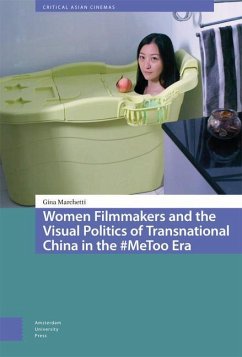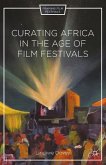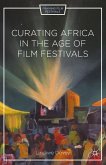Manoeuvring around mainland ChinaâEUR(TM)s censors and pushing back against threats of lawsuits, online harassment, and physical violence, #MeToo activists shed a particularly harsh light on the treatment of women in the cinema and entertainment industries. Focusing on films from the PeopleâEUR(TM)s Republic of China, Hong Kong, Taiwan, and the Chinese diaspora, this book considers how female directors shape Chinese visual politics through the depiction of the look, the stare, the leer, the glare, the glimpse, the glance, the queer and the oppositional gaze in fiction and documentary filmmaking. In the years leading up to and following in the wake of #MeToo, these cosmopolitan women filmmakers offer innovative angles on body image, reproduction, romance, family relations, gender identity, generational differences, female sexuality, sexual violence, sex work, labor migration, career options, minority experiences, media access, feminist activism and political rights within the rapidly changing Chinese cultural orbit.
Bitte wählen Sie Ihr Anliegen aus.
Rechnungen
Retourenschein anfordern
Bestellstatus
Storno








